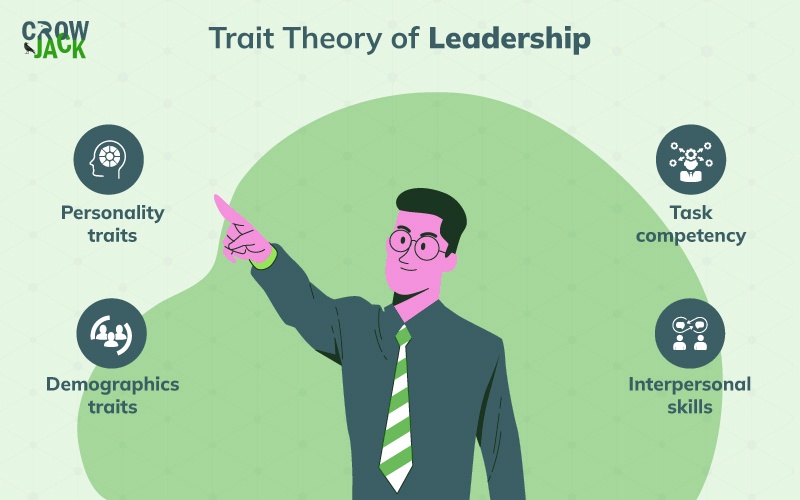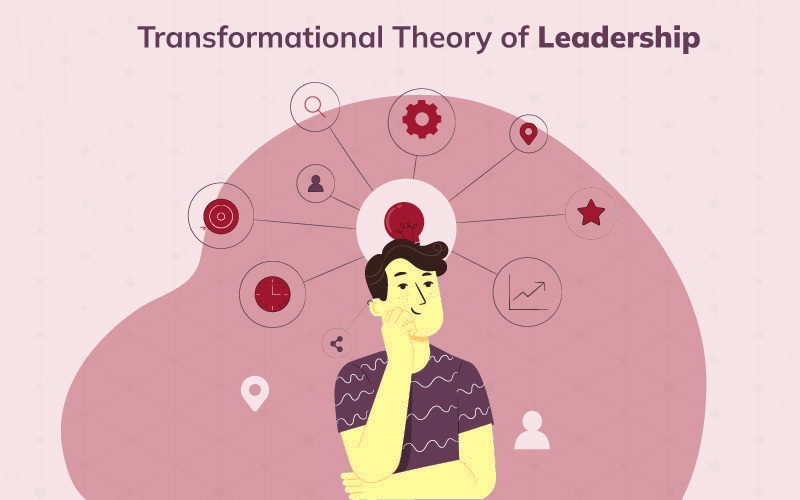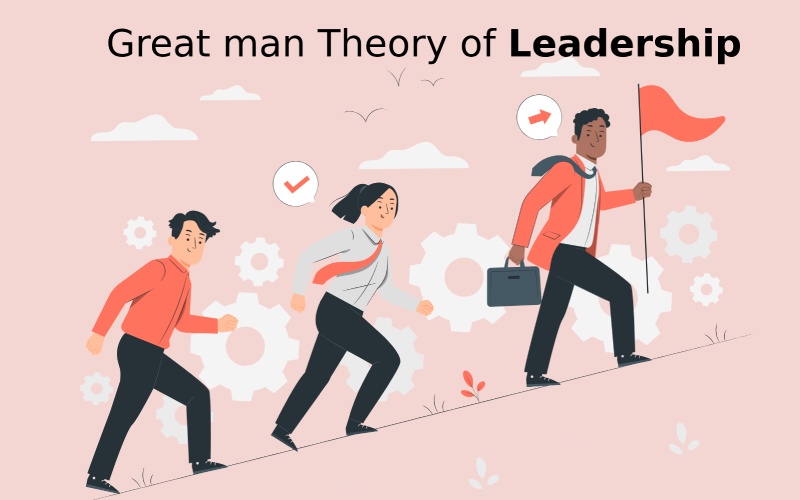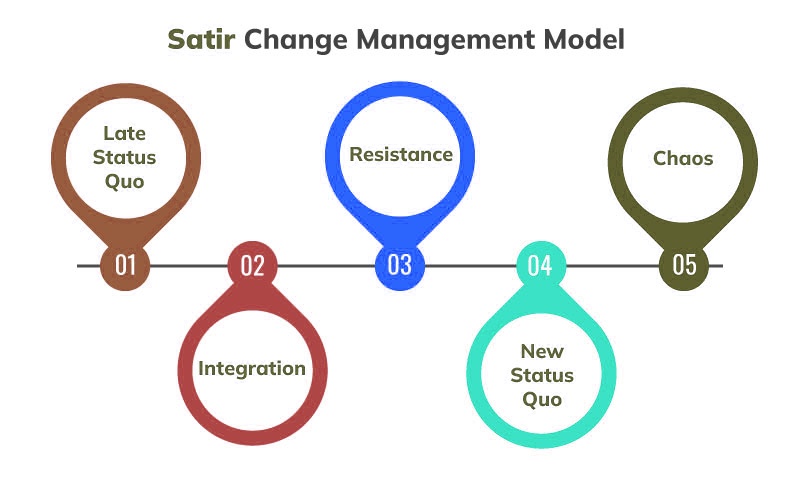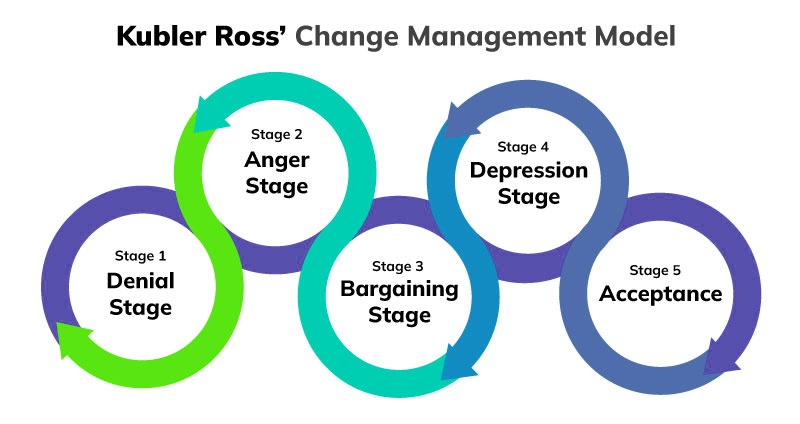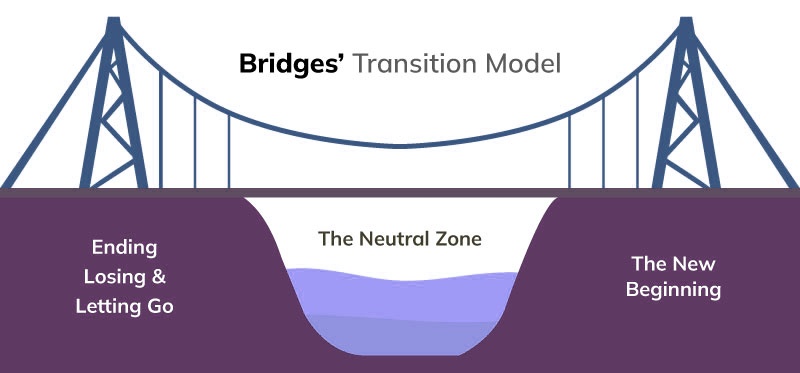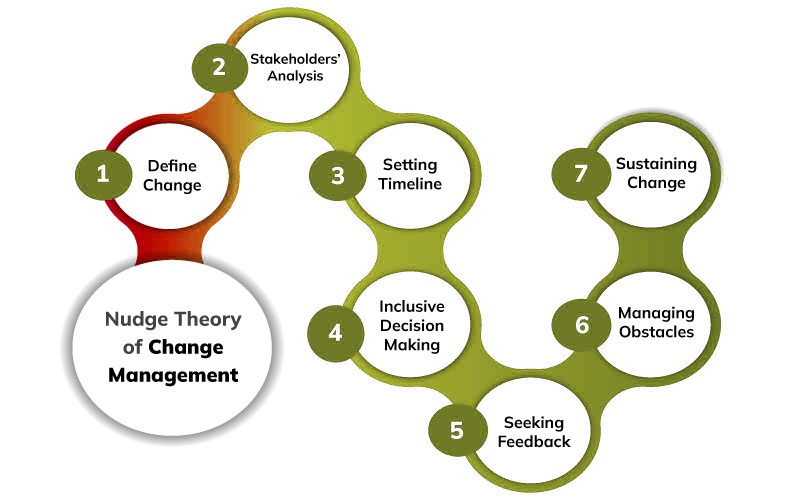Leadership is a multifaceted concept that has been studied, analyzed, and practiced for centuries. As organizations strive to adapt to an ever-changing environment, understanding the various leadership theories becomes paramount for effective management and growth. In this comprehensive guide, we delve into the most searched and useful leadership theories, providing insights into their principles, applications, and relevance in today's dynamic landscape.
While these theories may vary in their ideologies and methodologies, they all offer valuable perspectives on how leaders can inspire, motivate, and influence others towards achieving common goals. Whether you're a seasoned executive, an aspiring manager, or a curious student of leadership, this guide aims to illuminate the path towards harnessing the power of these theories to drive organizational success.
From traditional approaches like Trait Theory and Behavioral Theory to contemporary frameworks such as Transformational Leadership and Servant Leadership, each theory offers unique perspectives on what it means to lead effectively in the modern world. Moreover, we'll explore how these theories intersect with the realm of marketing, shedding light on how leadership principles can inform and enhance strategic marketing initiatives.
In this comprehensive guide, we'll delve into the list of most useful and searched leadership theories, shedding light on their key principles and practical applications.
Trait Theory of Leadership:
The trait theory of leadership posits that certain innate characteristics or traits distinguish effective leaders from non-leaders. According to this theory, individuals are born with specific traits that predispose them to leadership roles, such as intelligence, charisma, decisiveness, integrity, and emotional intelligence. Proponents of trait theory believe that identifying and cultivating these traits can predict leadership success. However, critics argue that the trait theory oversimplifies leadership by focusing solely on individual characteristics and neglecting situational and contextual factors that also influence leadership effectiveness.
Transformational Theory:
Transformational leadership emphasizes inspiring and motivating followers to achieve extraordinary outcomes. Leaders who subscribe to this theory exhibit charisma, vision, intellectual stimulation, and individualized consideration. They empower their teams to innovate, take risks, and surpass expectations. Transformational leaders foster a culture of growth and development, nurturing talent and fostering a sense of shared purpose within the organization.
Transactional Theory:
Transactional leadership operates on the basis of rewards and punishments. Leaders using this approach establish clear goals and expectations, offering rewards for meeting objectives and applying corrective measures for deviations. Transactional leaders focus on performance management, ensuring tasks are completed efficiently and according to established standards. While transactional leadership provides structure and clarity, it may lack the inspiration and long-term vision characteristic of transformational leadership.
Participative Theory:
Participative Leadership Theory, also known as democratic or shared leadership, advocates for involving followers in decision-making processes. Leaders who practice participative leadership seek input, ideas, and feedback from their team members when making decisions that affect the group. By encouraging collaboration and empowering followers to contribute to problem-solving and goal-setting, participative leaders foster a sense of ownership and commitment among team members. This approach can lead to higher levels of motivation, engagement, and job satisfaction, as individuals feel valued and respected for their input.
Behavioral Theory:
Behavioral Theory shifts the focus from inherent traits to observable behaviors exhibited by leaders. This theory emerged as a response to the limitations of trait-based approaches and emphasizes the importance of learned behaviors in shaping leadership effectiveness. Behavioral theorists categorize leadership behaviors into two main styles: task-oriented and relationship-oriented. Task-oriented leaders focus on achieving specific goals and performance outcomes, while relationship-oriented leaders prioritize building positive relationships and supporting the well-being of their followers. Behavioral Theory highlights the importance of adaptive leadership behaviors that are tailored to the needs of followers and the demands of the situation.
Servant Theory:
Servant leadership centers on the idea of serving others first and prioritizing the needs of followers. Leaders practicing servant leadership are empathetic, compassionate, and committed to the growth and well-being of their team members. They listen attentively, facilitate collaboration, and foster a culture of trust and mutual respect. By focusing on the development and empowerment of others, servant leaders cultivate loyalty and dedication among their followers, driving organizational success through a people-centric approach.
Authentic Theory:
Authentic leadership emphasizes self-awareness, transparency, and integrity. Leaders who embody authenticity are genuine, consistent, and true to their values and beliefs. They build trust through honest communication, admitting mistakes, and demonstrating vulnerability when appropriate. Authentic leaders inspire confidence and loyalty by aligning their actions with their core principles, fostering an environment of openness and accountability within the organization.
Contingency Theory of Leadership:
Contingency theory posits that effective leadership is contingent upon various situational factors, such as the characteristics of followers, the nature of tasks, and the organizational context. Leaders must adapt their style and approach based on the specific demands of each situation, employing different strategies to address varying challenges and opportunities. Contingency theory underscores the importance of flexibility and agility in leadership, acknowledging that there is no one-size-fits-all solution to leadership effectiveness.
Situational Theory:
Situational leadership theory, developed by Paul Hersey and Ken Blanchard, emphasizes the need for leaders to adapt their style based on the readiness or maturity level of their followers. Leaders assess the competence and commitment of their team members to determine the appropriate leadership approach. Depending on the situation, leaders may employ directing, coaching, supporting, or delegating behaviors to effectively guide their followers toward achieving organizational objectives.
Path-Goal Theory:
Path-goal theory, proposed by Robert House, focuses on the leader's role in clarifying the path to goal attainment and removing obstacles that hinder followers' progress. Leaders are tasked with identifying the most effective path to achieve organizational goals and providing the necessary guidance and support to facilitate followers' success. This theory emphasizes the importance of aligning leadership behaviors with followers' needs and the demands of the situation to enhance motivation, satisfaction, and performance.
Leader-Member Exchange Theory:
Leader-Member Exchange theory highlights the dynamic, dyadic relationship between leaders and followers. According to this theory, leaders form unique exchange relationships with each of their followers, characterized by varying levels of trust, respect, and mutual influence. In-group members receive greater attention, support, and opportunities for development from their leaders, leading to higher levels of job satisfaction, commitment, and performance. LMX theory underscores the importance of cultivating positive leader-follower relationships to foster organizational success.
Great Man Theory:
The Great Man theory suggests that leadership is inherently innate and that great leaders are born, not made. This theory, popularized in the 19th century, posits that extraordinary individuals possess innate qualities such as intelligence, charisma, and courage that predispose them to lead effectively. According to proponents of this theory, great leaders emerge during times of crisis or significant historical events, exerting a profound influence on society and shaping the course of history.
Charismatic Theory:
Charismatic leadership theory emphasizes the personal magnetism and inspirational qualities of leaders in influencing followers' attitudes, beliefs, and behaviors. Charismatic leaders possess a compelling vision, exude confidence and enthusiasm, and demonstrate extraordinary communication skills. They inspire trust, admiration, and loyalty among their followers, rallying them toward a common purpose or cause. Charismatic leadership theory highlights the transformative impact of charismatic leaders in driving organizational change and fostering innovation and creativity.
Bureaucratic Theory:
Bureaucratic leadership theory, proposed by Max Weber, emphasizes adherence to rules, regulations, and procedures in guiding organizational activities. Bureaucratic leaders prioritize consistency, stability, and efficiency, relying on formal authority and hierarchical structures to maintain order and control within the organization. While bureaucratic leadership can provide clarity and structure, it may also stifle innovation and adaptability due to its emphasis on rigid protocols and standardized processes.
Distributed Theory:
Distributed leadership theory suggests that leadership is distributed across individuals and teams within an organization, rather than being concentrated solely at the top. This theory recognizes the diverse talents, skills, and perspectives of organizational members and advocates for shared responsibility and collaboration in decision-making and problem-solving. Distributed leadership fosters a culture of empowerment, engagement, and accountability, enabling organizations to leverage the collective expertise and creativity of their workforce to achieve common goals.
Ethical Theory:
Ethical leadership theory emphasizes the importance of moral principles, values, and integrity in guiding leadership behavior and decision-making. Ethical leaders prioritize honesty, fairness, and accountability, demonstrating a commitment to ethical conduct and social responsibility. They set a positive example for their followers, uphold ethical standards, and address ethical dilemmas with transparency and integrity. Ethical leadership promotes trust, credibility, and sustainability, fostering a culture of ethical behavior and organizational citizenship.
Adaptive Theory:
Adaptive leadership theory, developed by Ronald Heifetz and Marty Linsky, focuses on leading effectively in the face of complex and uncertain challenges. Adaptive leaders recognize the need to mobilize individuals and organizations to adapt to changing environments and navigate through periods of uncertainty and ambiguity. They encourage experimentation, learning, and innovation, fostering resilience and agility in response to evolving circumstances. Adaptive leadership requires the ability to challenge the status quo, manage conflict, and facilitate adaptive change to address emergent problems and seize new opportunities.




